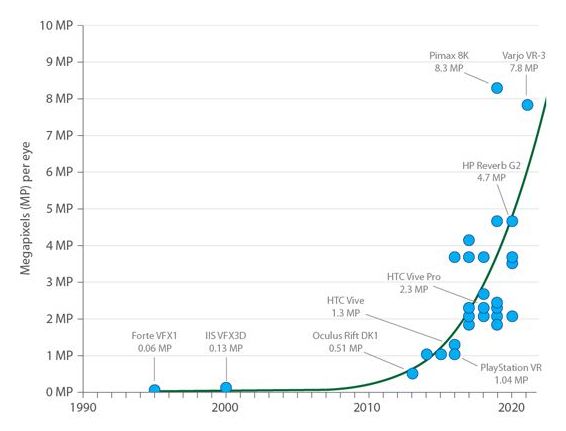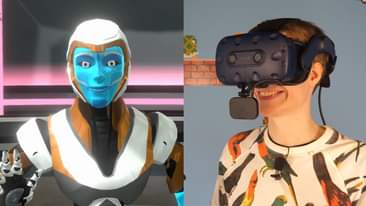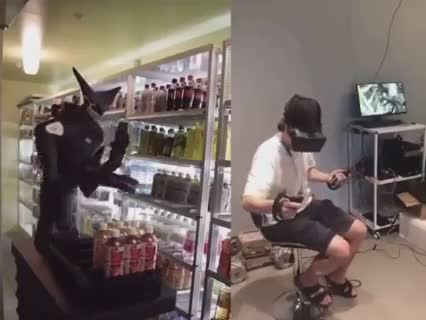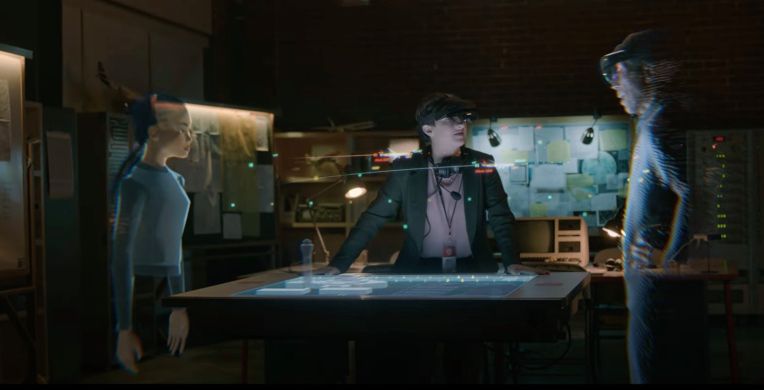What’s New: Intel today announced that it has signed an agreement with Defense Advanced Research Projects Agency (DARPA) to perform in its Data Protection in Virtual Environments (DPRIVE) program. The program aims to develop an accelerator for fully homomorphic encryption (FHE). Microsoft is the key cloud ecosystem and homomorphic encryption partner leading the commercial adoption of the technology once developed by testing it in its cloud offerings, including Microsoft Azure and the Microsoft JEDI cloud, with the U.S. government. The multiyear program represents a cross-team effort across multiple Intel groups, including Intel Labs, the Design Engineering Group and the Data Platforms Group, to tackle “the final frontier” in data privacy, which is computing on fully encrypted data without access to decryption keys.
“Fully homomorphic encryption remains the holy grail in the quest to keep data secure while in use. Despite strong advances in trusted execution environments and other confidential computing technologies to protect data while at rest and in transit, data is unencrypted during computation, opening the possibility of potential attacks at this stage. This frequently inhibits our ability to fully share and extract the maximum value out of data. We are pleased to be chosen as a technology partner by DARPA and look forward to working with them as well as Microsoft to advance this next chapter in confidential computing and unlock the promise of fully homomorphic encryption for all.” – Rosario Cammarota, principal engineer, Intel Labs, and principal investigator, DARPA DPRIVE program






